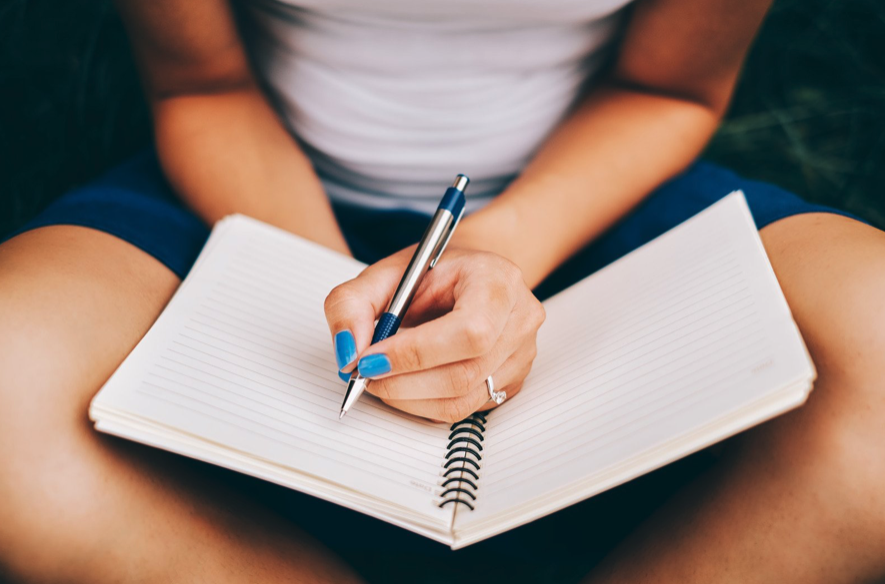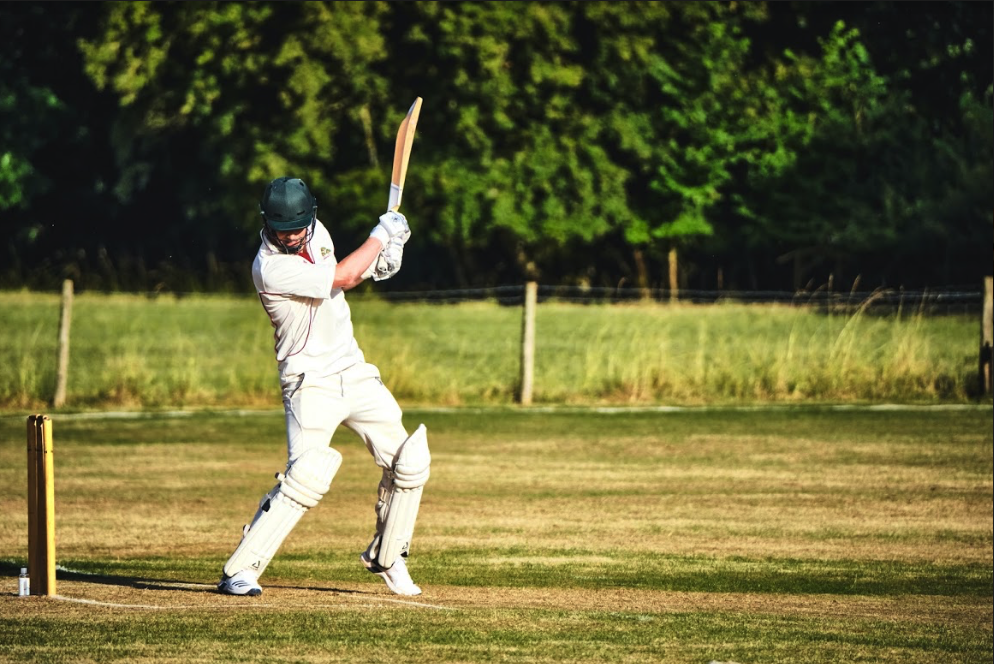During your career as an athlete, you will have to develop ways to be able to perform under pressure.
Pressure can negatively affect your performance and can cause an increased heart rate, cause difficulty making decisions, create unwanted tension and cause you to do the wrong thing. This can often be overwhelming, particularly for those who have not had a wealth of athletic experience.
For those who find the pressure is negatively impacting their athletic performance, it can be beneficial to seek help from a sport psychologist.
So what is a sport psychologist, and how exactly do sport psychologists help athletes handle the pressure?
What is a sport psychologist?
A sport psychologist is an expertly qualified professional that is proficient in using psychological knowledge and skills to address optimal performance and wellbeing of athletes and coaches, developmental and social aspects of sports participation and systemic issues associated with sports settings and organisations.
How do sport psychologists help athletes handle the pressure?
There are numerous methods that sport psychologists can use to help athletes handle pressure.
1. Control the controllable
Overwhelming pressure is often felt when athletes are fixated on events that are out of their control.
To relieve some of this pressure, it is often helpful to try and focus on what is controllable. Break down the controllable event into smaller, actionable steps.
2. Focus on breathing
When you are under intense pressure, your breathing will accelerate. To be able to perform as an athlete under pressure, you will need to practice remaining calm and focused.
To do this, you will need to focus on your breathing. Deep, rhythmic breathing will help you to be able to remain focused, aware and in control of the situation.
3. Use visualisation techniques
Visualising your day can help you feel more in control of the situation and feel less pressure. It helps to visualise the entire day – getting up, going to training, participating in the sporting event. Visualisation can help athletes to feel less overwhelmed and feel less pressure.

4. Keep a journal
Athlete’s may feel hesitant to keep a journal – but it can help to get you out of your head. Writing down your feelings and problems can help you to see a resolution or have thoughts from another perspective. This can be a particularly useful strategy if you are having trouble sleeping.
5. Downsize the importance
Sometimes, the best way to improve your performance and feel less pressure is to downsize the importance of the situation. Putting too much pressure and stress on yourself to perform at an important event can often cause you to perform worse.
Instead, athletes can try to downsize the importance of events. Try to reframe the situation; instead of thinking the one event is the be all and end all, it can be thought of as an opportunity to try and perform your best. Sport psychologists will help athletes to try and learn something from losing, rather than seeing losing so negatively. This way, athletes will start to realise the worst than can happen in any sport situation is that they will lose, and they will be able to bounce back and learn from the loss.
Remember – every athlete is different. What works to take pressure off one athlete may not work for another. If you are struggling with pressure when performing in sport, make sure to talk to a sport psychologist who will be able to help find the right coping strategy for you.



